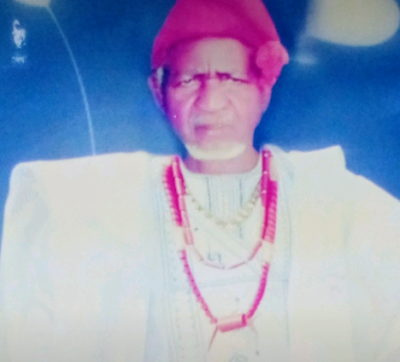GENETICISTS AND ARCHAEOLOGICAL PROOF OF AFRICAN GENESIS - Onyeji Nnaji

african genesis ( Extracted from the book, Reminiscence ) by Onyeji Nnaji Nothing is hidden here apart from details of the migration waves away from the east. We have taken staking time to trace the path of the ancestors of Africa. Our findings revealed that the African ancestors were four distinct people who inhabited the African east at different time. Time in this regard was calculated based on generations or race. We do not think that the survivors of the Noah’s ark founded any country in Africa; instead they came later to infiltrate the Black land. Of course, the lateness of their civilization is an indication that they arrived late. For by that time, the survivors of the flood in Africa had gone far in their civilization. Scholars’ research and archaeological findings had pointed out that the route of the human genesis, even Africa, is the West Africa. We also found that ancient Egypt, Nubia and Ethiopia have links with Nigeria. E verywhere one sees a Blackman,


